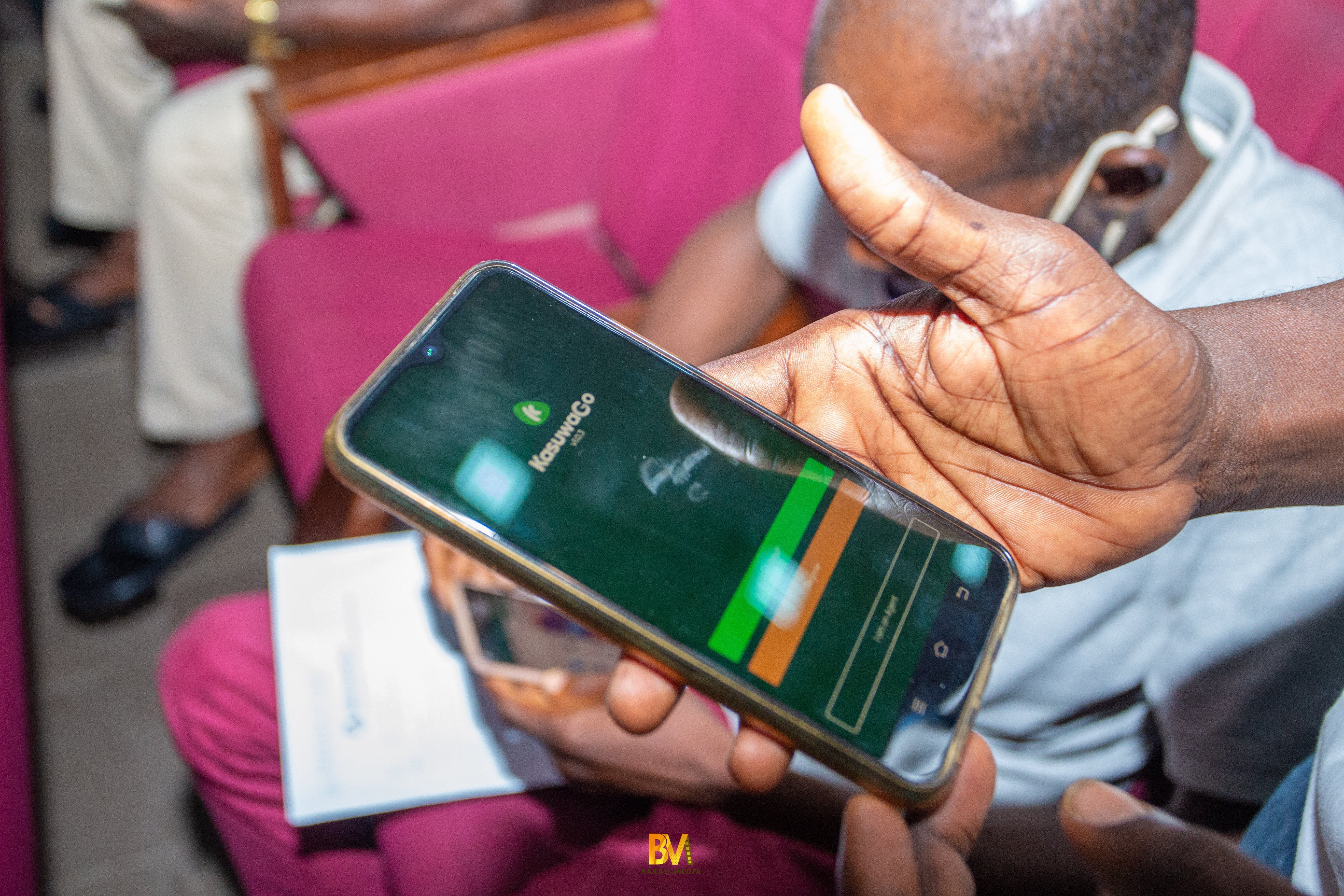The Legume Systems Innovation Lab Funds Second Phase of Project, Promoting Trade Integration in Regional Legume Markets with Mobile Technology
From the November 2021 newsletter

Farmers in West Africa must often make long and difficult treks to distant markets to sell their cowpeas and grains to wholesale buyers and consumers. A new virtual mobile application, KasuwaGo, recently launched in Nigeria works to move the market process to a 100% virtual format. This application not only saves buyers and sellers time and money it also provides a safe and secure trading environment.
The project, Promoting Trade Integration in Regional Legume Markets with Mobile Technology, is led by Dr. Michael Olabisi, Assistant Professor in the College of Agriculture and Natural Resources at Michigan State University.
The first phase of the project involved research to understand what problems farmers, sellers, and traders face when conducting business. The mobile application, KasuwaGo was then designed to address these trade problems. The app was successfully launched in Nigeria. The completion of these activities largely concluded work of phase one of the project.
Phase two, which was recently funded by the Legume Systems Innovation Lab will continue to enhance the application and work to achieve additional objectives. These objectives include: (1) extend the deployment of the app within Nigeria and to roll out the app in Niger; (2) initiate research and evaluation activities, to capture impacts and lessons learned from app adoption and use of the virtual marketplace; (3) provide further opportunities for training and capacity development; and (4) address cross-cutting themes related to gender and youth.
The rollout to Nigeria’s northern neighbor Niger, will link large markets in the dry-land regions of West Africa, specifically, the cities of Kano and Ilorin in Nigeria and Niamey in Niger. These main cities are hubs linking agricultural producers throughout the region. Phase two rollout after the initial launch activities from phase one will follow a research design that allows the project to gain additional insight into how value chain actors adopt and use new (mobile) technologies.
The project also plans a robust research and evaluation program. A few sub-hypotheses to be explored include, if trading across language barriers can increase if facilitated by an electronic messaging platform with translation tools; if the average distance between suppliers and buyers will increase as they use the virtual marketplace; and if greater trade integration will lower price volatility in the aggregate.



 Print
Print Email
Email


